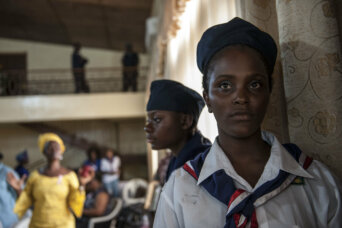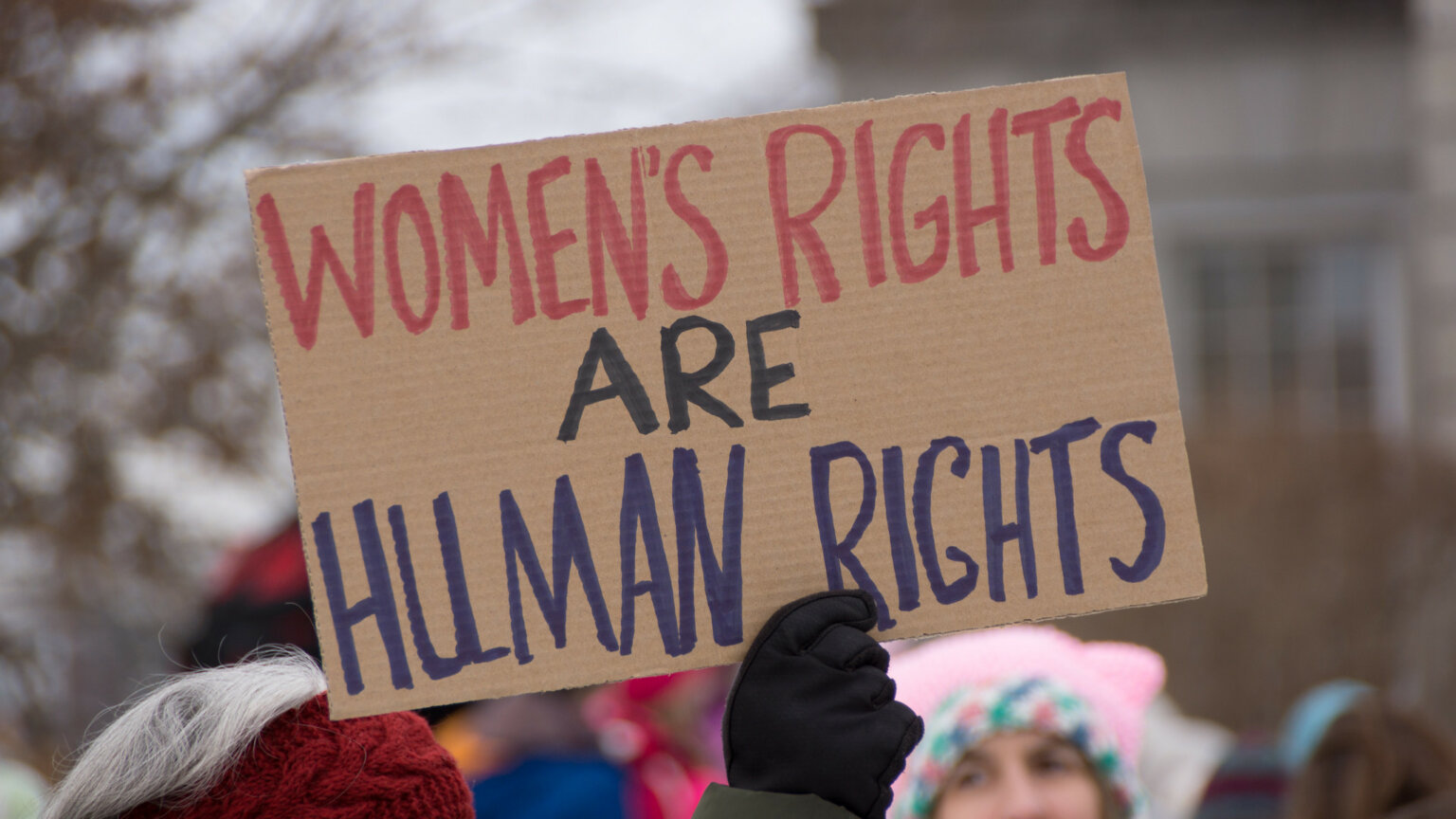- About
- Topics
- Story
- In-Depth
- Picks
- Opinion
- News
- Donate
- Signup for our newsletterOur Editors' Best Picks.Send
Read, Debate: Engage.
| topic: | Women's rights |
|---|---|
| located: | Liberia |
| editor: | Bob Koigi |
Following 14 years of civil war, Liberia has invested heavily in national healing and peace building.
But behind that painful journey, lies a deeper problem that won’t simply go away. The number of rape cases has, in the recent past, reached alarming proportions, with Liberia Women Empowerment Network reporting that it had recorded 600 cases between June and August last year, a staggering rise from the 100 it had reported in May.
In a 2016 report, the United Nations noted that out of the 803 cases it had recorded the previous year, only a paltry 2 percent resulted in conviction.
Harrowing tales of sexual violence against girls as young as three years old have made international headlines and sparked protests.
The government in September reacted by introducing a raft of stern anti-abuse measures, which included founding a National Security Task Force on Sexual and Gender Based Violence, appointing a Special Prosecutor for rape and establishing a National Sex Offenders registry. The declarations were a good starting point and sounded well on paper.
Yet, women and girls still live in fear as politics slow the implementation of the measures that would have provided some sense of security to those vulnerable. Moreover, a heavily underfunded and weak judicial system and the culture of impunity continue to fan the rape epidemic.
Alternative justice for rape victims in a highly traditional and patriarchal society includes traditional courts spearheaded by community leaders that have in most cases ruled in favour of offenders.
While it cannot be an event to tackle sexual violence in Liberia, the process must be guided by political will and actualising the commitments the government made to its girls and women. The people of Liberia made a decision to pursue peace at all cost; that resolve should also guide the war on sexual violence.
Image by United Nations in Liberia.

